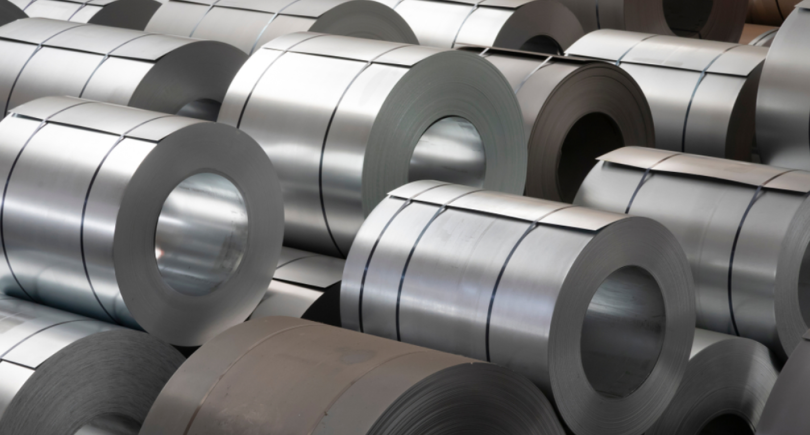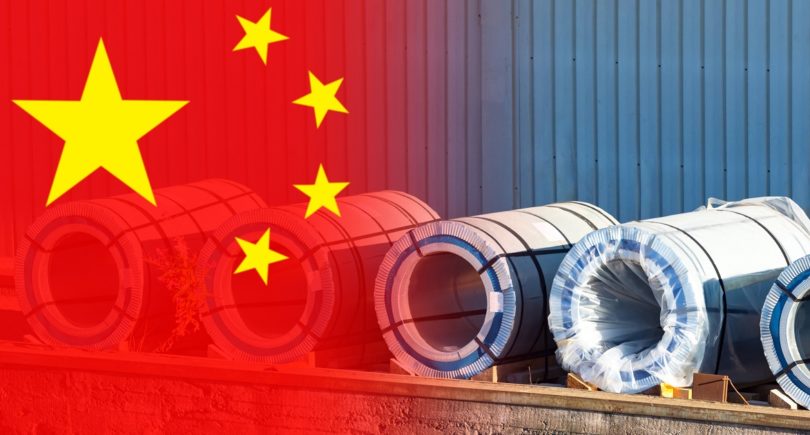
News Global Market CBAM 405 27 October 2023
The industry is asking to speed up the process to regulate issues related to this mechanism
The Spanish association of steel producers, Unesid, has expressed concern about the country’s lack of a competent administration to manage issues arising from the CBAM, informs Forbes España.
With this question, the organization turned to the Minister of Ecological Transition and Demographic Challenges of Spain, Teresa Ribera. Unesid requests to speed up this process, as it is urgent after the introduction of CBAM from October 1, 2023.
CEO of the Association Andres Barcelo believes that the market has many doubts about the methods of action. Although the European Commission has published some explanatory guidance, these issues are not clear enough.
According to Barcelo, the sector urgently needs an “interlocutor” in the government, to whom the industry could turn with its problems. Such a body is indispensable in view of numerous technical aspects, some of which are extremely important for the proper use of CBAM.
Unesid says that with the help of CBAM, the EU seeks, on the one hand, to balance the rules of the game and avoid the environmental discrimination that European companies have suffered for decades, and on the other hand, to encourage the process of decarbonization in third countries.
However, according to the CEO of the association, exports from the EU will continue to be forced to cover the climate costs imposed by European regulation, without any compensation. This will continue to be a clear competitive disadvantage for companies from Europe.
As GMK Center reported earlier, the participants of the EU steel market are discussing how CBAM will work and the risks importers will face when implementing it. In particular, they are concerned about the unpredictability of carbon costs, as well as the inability to verify the accuracy of information that sellers will provide in the near future.



